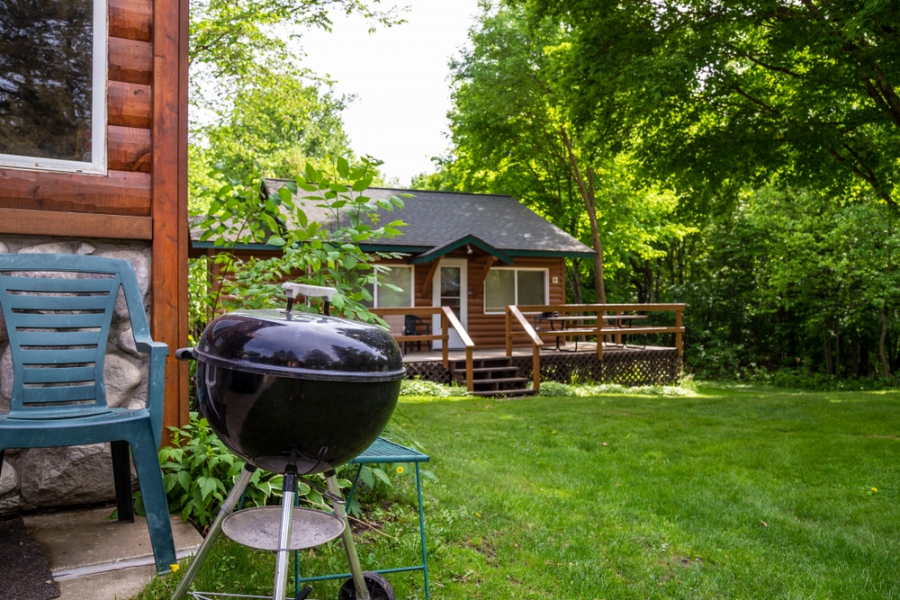Making use of the extra space in your property is a more practical thing to do rather than buying another house. Extensions can give home living a unique makeover without spending a considerable amount of money acquiring a new property.
Before you decide on the project, here are some key ideas that you may want to know before the project starts.
Get the necessary Permits
The first thing you should work on is getting the necessary permit from Building Regulations for your home extension. The Building Regulations set the standards for structures to ensure their safety and soundness.
The approval for such may be obtained from your local building control body (BCB), and once you have the permit, you can do work like house extension, conversion, structural alterations, and other major home improvement projects.
Consider hiring a designer
Unless you are a professional designer yourself, hiring a specialist to achieve your desired home design is the practical and ideal thing to do. You can get an individual architect, a design technician, or you can hire a contractor.
To help you decide, ask for referrals from your trusted associates, neighbours, or family. You can also check out home designer profiles online to check their portfolio and previous client feedback as well.
Bigger is not always better
It is but typical for homeowners to think extensions should be bigger than their existing structures. In this case, though, bigger is not better, and creating more space can be achieved through smart architectural design.
Innovative designs do not only consider creating more breathable space, but also the integration between the existing house and the extension.
Consider prefabricated materials
Homebuilders agree that using readily fabricated materials such as precast concrete, retaining walls, and panels can give many advantages both for the structure and completion schedule as well.
Although some of these types of materials may be more expensive, the benefits include minimal site exposure, work is not affected by weather conditions, engineering standards are met, and fewer work errors.
Consider living off-site
You might want to seek a temporary house to live in while the construction of your extension is on-going.
You can either rent another property or stay in a hotel for the duration of the project. Because other than safety concerns, workers may have to adjust their methods if someone is living in the house.
A single-storey extension is practical
Since space is the main reason why you want to build the extension, it is only normal to be tempted to construct a two-storey structure. However, it may not be your best option as your main house’s provision may not support such an additional structure.
But if you want that two-storey expansion, the most cost-effective method is to demolish and rebuild some parts of the old house.
The above guide covers some of the most important things before you start planning for your home expansion project. You must know what to expect during construction.



